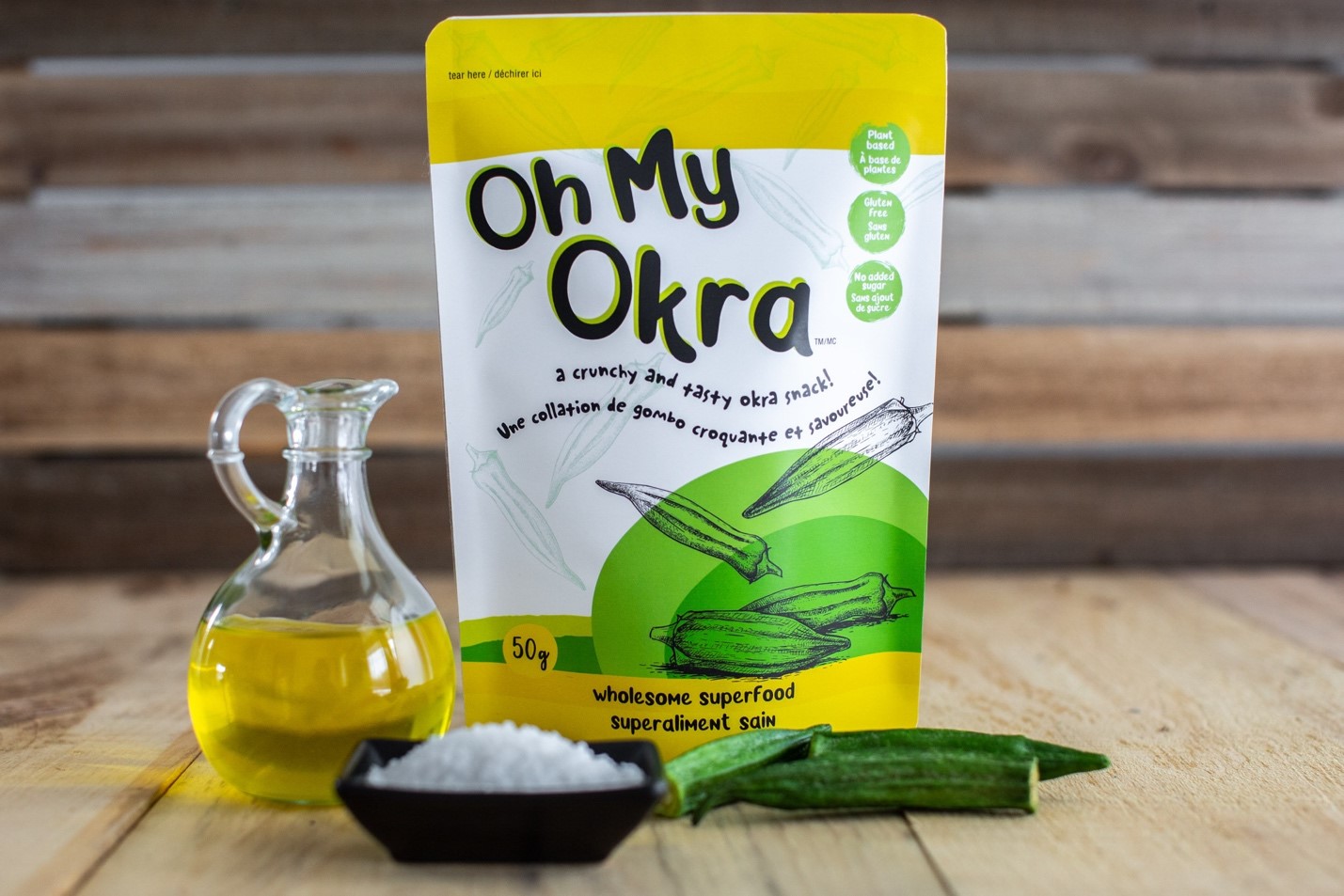
Boost Your Energy – Choose Healthy Foods
How To Boost Energy Levels by Eating the Right Foods
Believe it or not, we actually get most of our energy from the food we eat – not our mid-day coffees. The amount of energy we get from food depends not only on the quantity of food we eat, but also the type. Certain foods will leave us feeling energized, light and alert, while others can leave us feeling sluggish and hungry after a couple of hours.
Here are some tips to optimize your diet for high, sustained energy levels.
Understanding Foods Nutritional Components
There are two major nutritional components in food that delivery energy to your body. These are macronutrients and micronutrients.
Macronutrients
There are three main types of macronutrients that you obtain from your diet: carbohydrates, fats and proteins. If you follow a low-carb diet, or any diet from a professional or doctor, then you are probably accustomed to counting your intake of macronutrients on a daily basis.
Carbohydrates
Carbohydrates get converted into glucose, which is a source of energy for your body. If you are not following a low carb diet, this is probably your main source of energy.
An important type of carbohydrate that you should be consuming – whether you are on a low carb diet or not – is fibre. Fibre helps regulate blood sugar levels, meaning your energy will be sustained throughout the day, rather than experiencing spikes and crashes. It does not count towards net carbs, so you are free to consume a lot of this important nutrient.
Fats
If you are on a low carb diet, your main source of energy will come from fats. Fats are metabolized slower by the body, so you will naturally feel more sustained energy levels if you are consuming a fat-based diet. That said, some people report feeling sluggish or foggy when they first transition into a ketogenic or fat-based diet. This is usually due to the brain adapting to its new fuel source, ketones rather than glucose. A good way to increase energy on a high-fat diet is to consume MCT oils – as they help drive positive energy to the brain.
Protein
Consuming protein will keep you feeling full for a long time and will not cause spikes in blood sugar levels.
Micronutrients
Micronutrients include the vitamins and minerals that your body needs to carry out and assist many important functions. A lot of micronutrients are involved in the metabolism of macronutrients; they help convert them into energy for the body. Look for the following micronutrients in your diet to help reduce fatigue and boost energy.
Potassium
Potassium is a type of electrolyte that’s important for many bodily processes that affect our energy levels. It is involved in the body’s fluid balance (preventing dehydration), nerve signals that regulate vital functions of the body; and muscle contractions, such as your heartbeats, that carry oxygen-rich blood to the rest of the body. Oh My Okra, a crunchy vegetable snack made with okra, contains about 4x as much potassium as bananas. Other great sources of potassium are avocados, sweet potatoes and legumes.
B Vitamins
You have probably heard that B vitamins, such as B12 and B6, can help boost energy levels. This is because they help convert dietary energy (i.e. calories) into forms of energy that your body can use to carry out important functions.
Antioxidants
Antioxidants are a group of vitamins and minerals that help reduce inflammation caused by oxidative stress in the body. When there are too many foreign/toxic particles – “free radicals” – in the body coming from natural bodily processes, air pollution and chemicals in the foods we consume, the body enters a state called oxidative stress. The body’s immune response to this is inflammation – a defense mechanism that repairs cells and fights off foreign invaders (and uses a lot of energy in the process).
Antioxidants include Vitamins A, C, E; a host of minerals including zinc, copper, selenium, manganese; and other pigment chemicals such as flavonoids. The best way to look for antioxidant-rich foods is by colour! Most fruits and vegetables that are either dark red or green will have a rich antioxidant profile, although they can also be found in meats and seafood.
Omega-3s
This type of fatty acid can reduce inflammation and feelings of fatigue.
Manganese
Manganese helps enzymes in the body metabolize carbohydrates and protein into energy.
Iron
Fatigue is one of the most common symptoms of iron deficiency. This is because iron aids in the production of red blood cells, which carry oxygen to other cells in the body. Oxygen is very important for processes such as food metabolism and other vital functions.
Which Foods Provide A Boost of Energy?
A lot of unprocessed whole foods contain all the necessary nutrients needed to convert them into energy your body can use. The reason we can feel fatigued from our diets is because all of the chemicals, processing, refining that goes into food manufacturing processes. On top of that, adding excess caffeine, alcohol or tobacco to our diets can cause fatigue because it requires more energy from our bodies to process these substances and we gain very little nutritional value from them.
The key is to look for foods that provide you with sustained energy, rather than spikes and crashes. Coffee and sugar-y foods will throw your blood sugar levels out of whack, which can be exhausting and counter-productive. To feel your best, opt for foods that are rich in the micronutrients listed above, fibre, and complex carbs and/or protein. Here are some suggestions:
- Bananas are a great source of carbohydrates, potassium and vitamin B6.
- Fatty fish contain omega-3s, vitamin B12 and folate. Folate works with vitamin B12 to enhance iron function’s in the body. Try eating fatty fish with a side of fibre- and iron-rich leafy greens for the ultimate energy boost.
- Brown rice is less processed than white rice meaning it retains more of its original fibre content. This allows it to be digested more slowly for sustained energy release. Brown rice also contains manganese and vitamin B6.
- Eggs are low-carb and packed with protein, meaning that they won’t cause insulin and blood sugar level spikes when digested. Eggs also contain an amino acid called leucine, which has been shown to stimulate energy production and promote protein synthesis for muscle growth. Eggs are also rich in B vitamins.
- Apples can provide a better source of energy than a cup of coffee! This is because apples contain a good amount of fibre, as well as natural sugars which provide your body with sustained energy. Apples also contain high levels of antioxidants, which can slow the digestion of carbohydrates, resulting in sustained energy release.
- Hummus made from chickpeas is a great source of complex carbs and fibre. There are also healthy fats in hummus, which can slow down the digestion of carbohydrates, meaning that you won’t experience blood sugar level spikes.
- Edamame – Edamame, or soybeans, are a great low-carb source of protein, vitamins and minerals. They can be added to any dish, or even eaten as a midday snack. They contain 8g of fibre per cup, as well as very high amounts of manganese and folic acid – important for metabolic processes and preventing fatigue. Lentils are another good source of sustained energy with a similar nutrient profile to edamame.
Other Reasons You Could Be Feeling Sluggish
If you often feel tired throughout the day, you could also be dehydrated. Water is necessary for almost every cellular function in your body, including energy production, so it is important to be drinking enough every day. Drink water even if you do not feel thirsty in order to avoid dehydration. Water also helps with smooth digestion, which can reduce feelings of sluggishness and fatigue. It can keep your bowel movements healthy, leaving you feeling light and energized. Try Innate Superfood Infused Water – rich in antioxidants that can give you an added boost of energy during the day. We also recommend liquid stevia drops to enhance your water at home!
You can also try swapping your coffee out for green tea or matcha. Although they contain less caffeine than coffee, the energy release from these sources is slower paced, meaning that they can provide you with lasting energy throughout the entire morning. You are also less likely to need another “pick-me-up” in the middle of the day because your body does not become dependent on surges of caffeine to keep running. Green tea can also decrease fatigue by helping to convert fats into energy and by causing the release of a hormone called norepinephrine, which stimulates the mind and body. Try to swap at least one cup a day of coffee for green tea or matcha and observe the results!
Share Your Thoughts!
If you liked our list, or would like to share other immune-boosting tips, leave us a comment on our Facebook page. We also are active on Instagram, provide updates on the latest sales and promotions in our weekly newsletters, and would love to hear how we did, good or bad, on Google Reviews.
We hope this article helped you understand how to fuel your body for sustained energy throughout the day, which can help you accomplish more and feel better overall!









